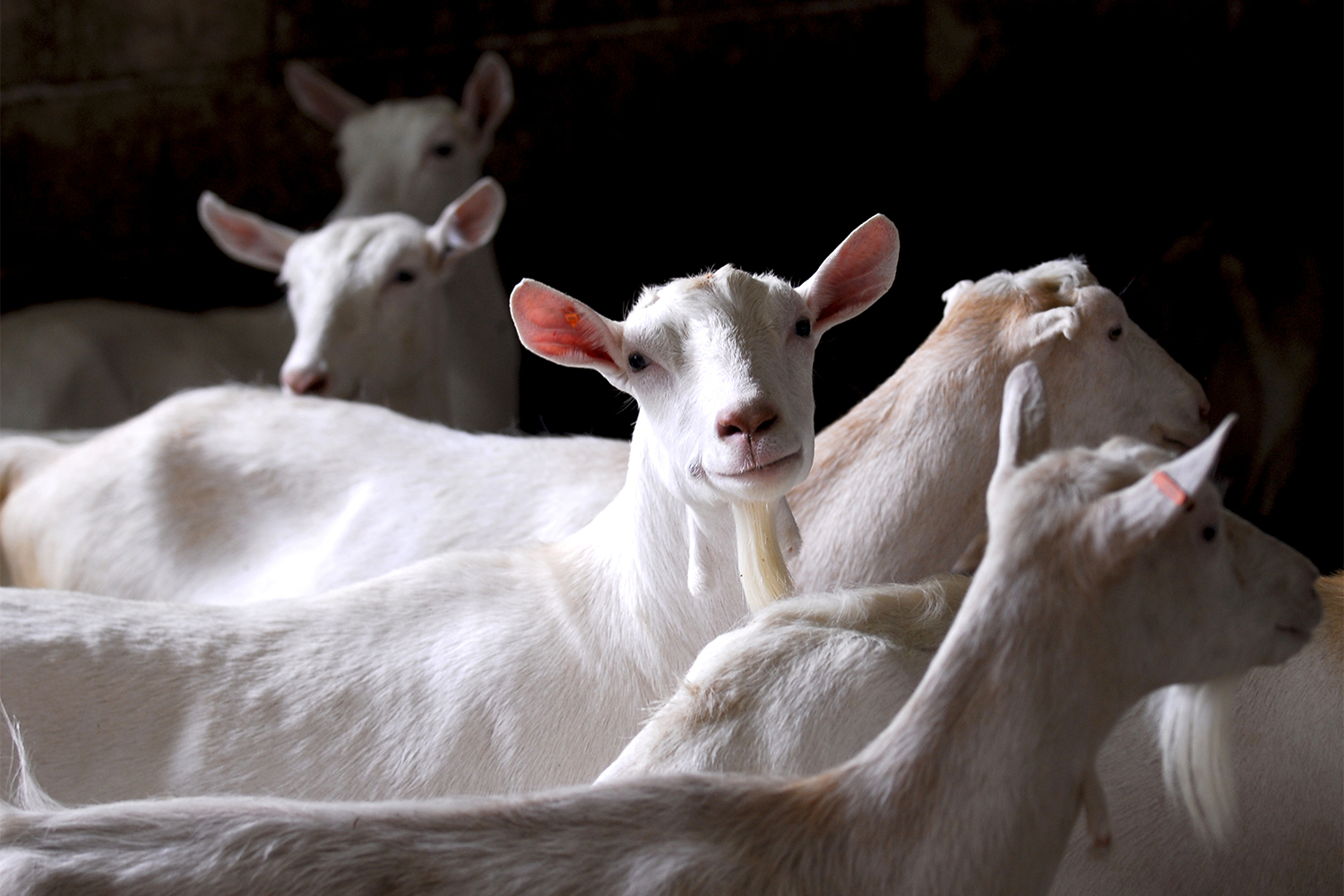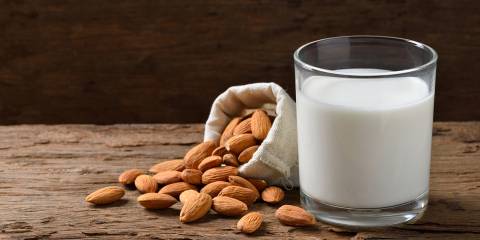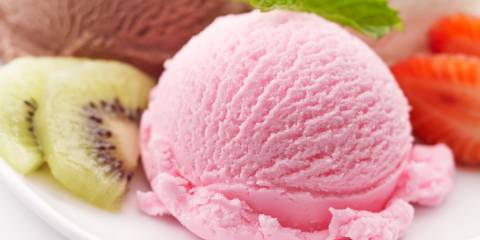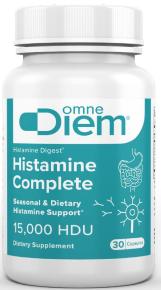There is no single milk that is ideal as your baby transitions from breast milk or infant formula. The American Academy of Pediatrics recommends introducing whole cow’s milk at 12 months, but this may not be right for your toddler. Read on to learn about cow’s milk alternatives and goat’s milk formula, which is naturally easy to digest and offers excellent nutrition.
Cow’s Milk: A Common First Choice
Cow’s milk is readily available, nutrient dense, and widely enjoyed by young children. But if you make a connection between cow’s milk and symptoms such as constipation, diarrhea, congestion, or eczema in your little one, or if you avoid cow’s milk as a matter of personal preference, you may be searching for an alternative for your child.
Nutritional suitability and food quality are two criteria to consider when it comes to finding the best cow’s milk alternative for your family. Goat’s milk-based formula excels in both.
Nutrients Matter
Children under the age of 2 require nutrient-dense foods to support their rapid growth and development. A cow’s milk alternative that is nutritionally suitable will support their daily needs; it may also decrease the risk of more common toddler nutrient deficiencies, such as iron, vitamin D, and omega 3-fatty acids.
Nondairy Alternatives
Common nondairy, cow’s milk alternatives, such as rice, almond, cashew, and soymilk may be a solution for children with symptoms related to cow’s milk consumption. While delicious for older children and adults, they may not, however, provide the important nutrition toddlers need.
Nut milks, for example, lack adequate vitamin K, B vitamins, folic acid, and a number of critical minerals, including iron; they are also low in protein, typically offering 1 gram (or less) per cup.
Goat’s Milk as an Alternative
Goat’s milk protein forms a smaller and softer curd in the tummy compared to cow’s milk protein. And, it is broken down faster than cow’s milk protein. Goat’s milk is naturally easy to digest and may be a solution for some children with symptoms related to cow’s milk consumption.*
Like many nondairy cow’s milk alternatives, goat’s milk also lacks important toddler nutrients, including folate, iron, and vitamins D, B12, and C, as well as omega-3 fatty acids (DHA). A fortified goat’s milk-based formula may be an excellent choice to best meet toddlers’ daily nutrition needs.
Focus on Food Quality
A report by the American Academy of Pediatrics says that US children encounter pesticides every day. Choosing high-quality organic and/or non-GMO foods for your little one, including your cow’s milk alternative, may help reduce food-based exposure to pesticides.
When it comes to non-GMO food labeling, it’s good to know that European non-GMO foods meet the same standard as one of the largest third-party certifiers in the US, The Non-GMO Project. Both verify products that contain less than 0.9 percent GMO ingredients. In selecting a cow’s milk alternative, a common-sense approach is to understand food labels and look for seals such as European Non-GMO, USDA Organic, and Non-GMO Project Verified.
Finding the best cow’s milk alternative for your toddler can be tricky. By gaining a deeper understanding of toddler’s nutrient needs, taking the time to read food labels, and learning about the pedigree of food ingredients, families can confidently select the best choice to meet your little one’s unique needs.





